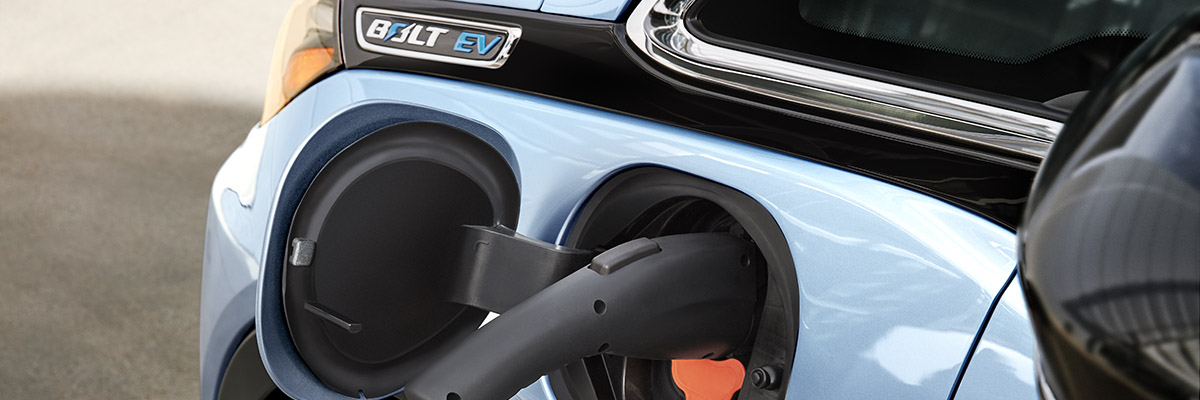
 Your Credit Estimate
Your Credit Estimate
 Your Credit
Your Credit
Your zip code helps us provide you with the most accurate vehicle pricing and vehicle availability.
We estimate your credit score to give you an idea of your monthly payments. To get an accurate payment amount, complete our credit application by clicking the Start Credit Application button below.
start credit application
As the auto industry shifts towards electric vehicle (EV) and battery-electric vehicle (BEV) development, there seems to be a large theme happening. Many well-known automakers and large automotive groups have all recently held a digital conference or made an announcement about their new business strategy going forward. It’s 2022, and every business plan we’ve heard so far has one thing in common – everyone has a target goal end date of 2030. 2030 is the new 2020, but hopefully this time around, all those wishes for something better will come true. Check out what some of the top automakers are working on.
In December 2021, Nissan announced the automaker's first-ever EV plan. Starting with an investment of $17.59 billion over the next five years to accelerate EV production, Nissan is headed to meet the competition on the road. Japan’s third top-ranking automaker, Nissan announced the launch of a new lineup - 23 electrified vehicles by 2030. Electrified vehicles can mean anything from a plug-in hybrid electric vehicle (PHEV) to an EV or BEV, but most automakers are aiming for the latter. Hence, 15 of those 23 vehicles by Nissan will be all-electric vehicles. The automaker is already fast at work, investing $500 million into a US assembly plant for Nissan EV production in March, 2022.
Just this week, mid-March, three automotive groups shared their vision for 2030. Stellantis held a conference called “Dare Forward 2030”, and shared a business plan that discussed in detail the future lineup of the fourth-largest automotive group. Setting large goals, Stellantis will be releasing 75 BEVs over the next six years, with 25 models being made available in the states. Aiming for carbon net zero emissions, the group is even expanding into hydrogen fuel cell technology, models available by 2025. We already know of Dodge eMuscle, and during Dare Forward 2030, the all-electric Ram 1500 pickup was teased, along with the all-electric Jeep SUV, set for launch in 2024.
Hyundai Motor Co, parent company of Kia Corp, had a lot to share. An in-depth look and break down of the next eight years, Kia has shifted all of its resources towards EV development, in line with its Plan S Stategy. With the goal of releasing 14 BEV models by 2027, between 2023 and 2027, Kia will release at least two BEVs a year, with the Kia EV6 already available and the teased Kia EV9 already on the way. Autonomous driving tech is on the horizon with Highway Driving Pilot “AutoMode”, and purpose-built vehicles (PBVs) are in the design and production phase. Kia says the first PBV will be an electric skateboard, but hopefully they make something grander by 2030.
Also waking up from its slumber is the Renault-Nissan-Mitsubishi Alliance. There hasn’t been much talk from this group since May 2020, but in March 2022, they announced Alliance 2030, their own business plan for EV production, autonomous tech, and some very ambitious models. Working with Google, the Alliance is working on the world’s first purely software operated automobile, powered by Google. Can you imagine that? It’s like a smartphone on wheels, but it’s probably the highlight of Alliance 2030. A lot of promises happened in 2020, and we haven’t seen anything new quite yet.
Are you excited for the upcoming EV models from some of America’s favorite automakers? What are you looking forward to? Join the discussion on NowCar social media.